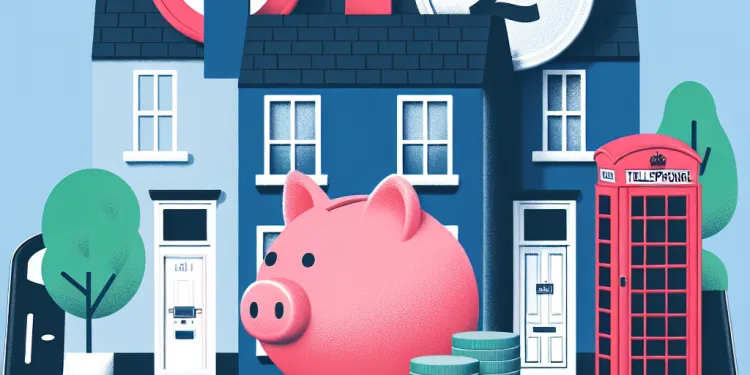
Find Help
More Items From Ergsy search
-
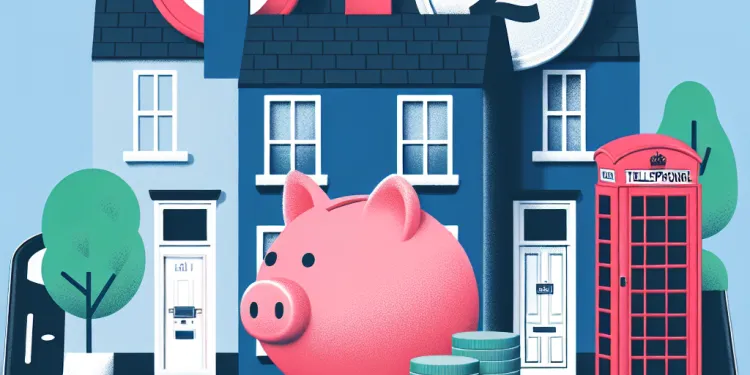
How will the proposed cuts impact tenants?
Relevance: 100%
-

Proposed Welfare Cuts and Their Impact on Vulnerable Populations
Relevance: 83%
-

What are the proposed Cuts to Housing Benefits Amid Rising Rents?
Relevance: 80%
-

What can tenants do if they are affected by the cuts?
Relevance: 75%
-

When are the proposed cuts expected to take effect?
Relevance: 72%
-

What is the main reason for the proposed cuts to housing benefits?
Relevance: 70%
-

How will the cuts impact landlords?
Relevance: 70%
-

Who will be most affected by the proposed cuts to housing benefits?
Relevance: 69%
-

Are there any groups exempt from the proposed cuts?
Relevance: 67%
-

What are the potential long-term impacts of housing benefit cuts?
Relevance: 52%
-

What new protections are included for tenants?
Relevance: 51%
-

Why is there a call for public consultation regarding the cuts?
Relevance: 49%
-

Is there a plan to offer additional support to offset housing benefit cuts?
Relevance: 46%
-

What advocacy efforts are being undertaken to resist the cuts?
Relevance: 44%
-

Landlord Licensing Laws Under Review as Tenants Call for Stronger Protections
Relevance: 43%
-
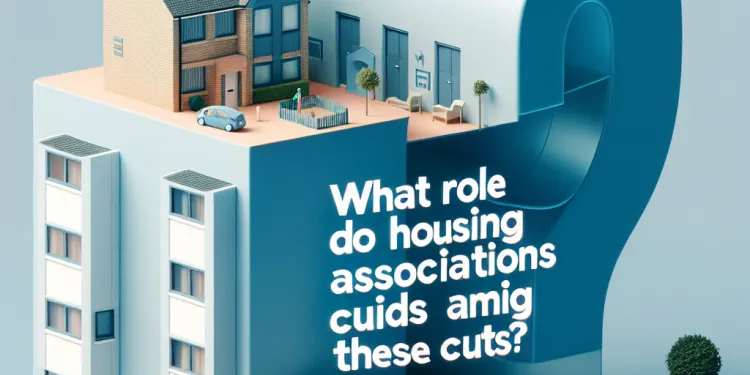
What role do housing associations have amid these cuts?
Relevance: 41%
-

How can individuals contribute to the discussion on housing benefit cuts?
Relevance: 41%
-

How are disputes between landlords and tenants handled?
Relevance: 40%
-

Legal Aid Cuts: Campaigners Warn of Access to Justice Crisis
Relevance: 40%
-

Can tenants apply for the Warm Home Discount?
Relevance: 39%
-

How does the reform impact renting costs?
Relevance: 39%
-

What is the relationship between rising rents and housing benefit cuts?
Relevance: 37%
-

Pension Proposals Spark Debate on Retirement Age and Benefits
Relevance: 36%
-

Is there any legal recourse for those affected by the housing benefit cuts?
Relevance: 36%
-

Why is the UK cutting funding to AIDS, Tuberculosis, and Malaria research?
Relevance: 36%
-

Government Faces Legal Challenge Over Proposed Immigration Bill
Relevance: 35%
-

Did the US propose reforms to the WHO before deciding to leave?
Relevance: 35%
-

What is the reason behind proposing a social media ban for under 16s in the UK?
Relevance: 32%
-

How do the reforms affect housing benefit tenants?
Relevance: 32%
-

Debate Intensifies Over Welfare Reforms Impacting Disabled Citizens
Relevance: 29%
-
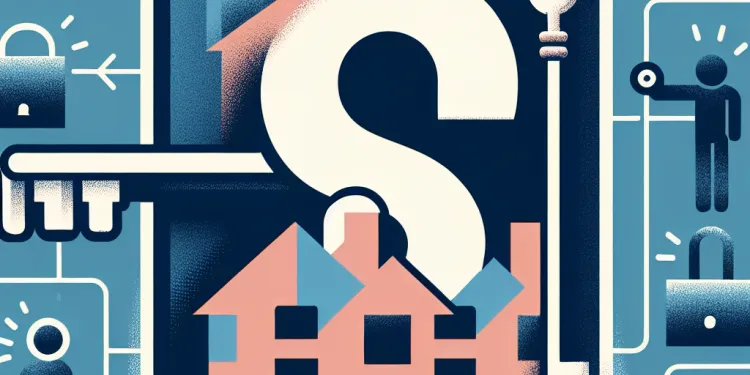
How have housing benefit recipients reacted to the proposed changes?
Relevance: 29%
-

Are there changes to the eviction process?
Relevance: 28%
-
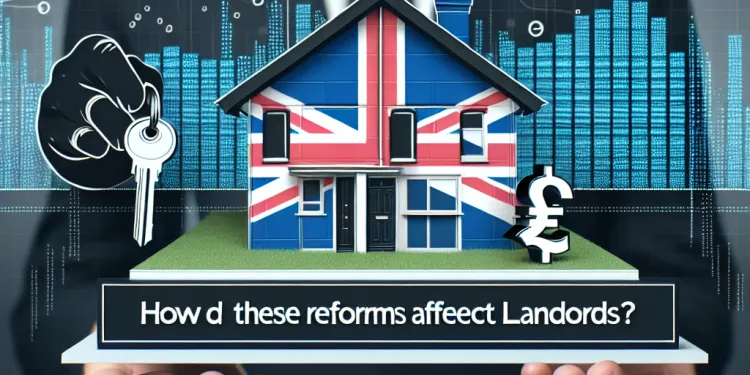
How do these reforms affect landlords?
Relevance: 27%
-
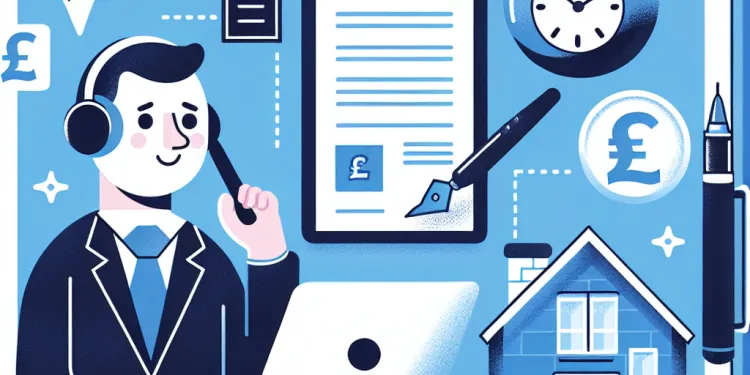
Can I negotiate with my landlord to avoid eviction?
Relevance: 27%
-

How are rent increases regulated under the new law?
Relevance: 26%
-
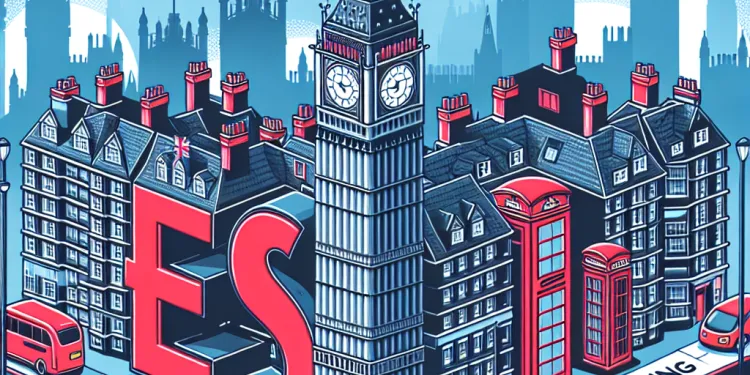
Are there reforms concerning subletting?
Relevance: 25%
-

Can my landlord evict me without providing a reason?
Relevance: 23%
-

How Rising Living Costs Are Impacting Family Wellbeing
Relevance: 23%
-

Is there a proposal for a wealth tax in the UK?
Relevance: 23%
-
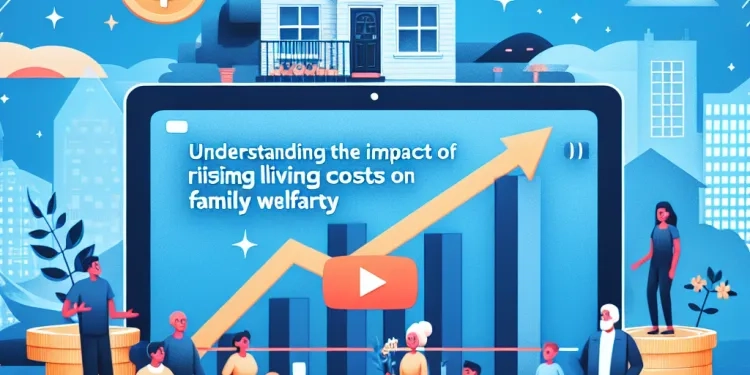
Understanding the Impact of Rising Living Costs on Family Welfare
Relevance: 23%
Understanding the Proposed Cuts
The UK government has proposed a series of budget cuts that aim to address fiscal deficits and streamline public spending. Among these cuts, significant changes to housing benefits and subsidies have been outlined. These measures are part of a broader plan to reallocate resources and potentially reduce reliance on government support. However, these proposed cuts could have a considerable impact on tenants, particularly those in low-income brackets or reliant on housing benefits to maintain their living arrangements.
Impact on Housing Benefits
One of the most direct impacts of the proposed cuts will be on housing benefits. Many tenants, especially in the rental market, rely on housing benefits to cover a significant portion of their monthly rent. Reductions in these benefits could lead to increased financial strain for tenants who are already struggling to meet their monthly expenses. Those living in areas with high rental prices, such as major cities like London, may find it particularly challenging to cope with these cuts. Consequently, there could be an increase in rent arrears, leading to potential evictions or the need for tenants to relocate to more affordable, and often distant, areas.
Effects on Social Housing
Social housing tenants might also be affected by these proposed cuts. Reductions in government subsidies for housing associations could lead to maintenance backlogs and delays in necessary repairs or improvements to properties. This can impact the quality of living conditions for tenants relying on social housing. Additionally, the development of new social housing projects could slow down, affecting the availability of affordable housing for those in need. The ripple effect of these cuts could mean longer waiting lists for social housing applicants, further exacerbating housing shortages.
Tenant Advocacy and Support
With the impending changes, tenant advocacy groups are emphasizing the importance of supporting affected individuals. These groups are calling for government transparency about the impacts of the cuts and urging for mitigation measures to protect vulnerable tenant populations. They suggest that local councils and charities need to prepare to offer support and advice to those who might be at risk of homelessness or financial distress due to the proposed changes. Strengthening tenant rights and providing avenues for grievance redressal are becoming increasingly crucial components of tenant support initiatives.
Long-term Considerations
The long-term implications of these cuts necessitate careful consideration. While the government aims to spend less, the societal costs of increased homelessness, mental health issues arising from housing insecurity, and potential pressure on emergency services could outweigh the immediate fiscal savings. Policymakers need to balance economic objectives with the social welfare of citizens, ensuring that vulnerable populations are not disproportionately impacted. Continued dialogue and assessment will be key to ensuring that any measures adopted do not worsen the housing crisis and lead to broader economic repercussions.
Understanding the Proposed Cuts
The UK government wants to save money. They plan to cut some budgets. This means they want to spend less on certain things. One big change is to the money they give people to help with housing. This might change how much help people get to pay for their homes. People who don't earn much or need help to pay rent might feel this change a lot.
Impact on Housing Benefits
The cuts will change how much help people get to pay rent. Many people need this help because rent is expensive. If they get less help, they might have to find more money for rent. This could be hard, especially in big cities like London. These changes might mean some people can't pay rent and could lose their homes. Some may have to move far away to find cheaper places to live.
Effects on Social Housing
People living in social housing might also face problems. The government might give less money to help fix and keep these homes nice. This means repairs might take longer, and new social housing might not be built quickly. If there's less new social housing, it might be harder for people to find affordable homes. More people might have to wait longer to get these homes.
Tenant Advocacy and Support
Some groups are helping people understand these changes. They want the government to explain how these cuts will affect people. They also want councils and charities to help people at risk of losing their homes. These groups are telling people their rights and helping them if they have problems with their housing.
Long-term Considerations
The government wants to save money, but they need to think about other problems too. If more people lose homes, it could cost more in other ways, like needing more help for health issues. The government needs to balance saving money and helping people. They need to keep talking to see how these changes affect everyone and make sure they don't cause bigger problems later.
Frequently Asked Questions
Useful Links
This website offers general information and is not a substitute for professional advice.
Always seek guidance from qualified professionals.
If you have any medical concerns or need urgent help, contact a healthcare professional or emergency services immediately.
- Ergsy carfully checks the information in the videos we provide here.
- Videos shown by Youtube after a video has completed, have NOT been reviewed by ERGSY.
- To view, click the arrow in centre of video.
- Most of the videos you find here will have subtitles and/or closed captions available.
- You may need to turn these on, and choose your preferred language.
- Go to the video you'd like to watch.
- If closed captions (CC) are available, settings will be visible on the bottom right of the video player.
- To turn on Captions, click settings .
- To turn off Captions, click settings again.
More Items From Ergsy search
-

How will the proposed cuts impact tenants?
Relevance: 100%
-

Proposed Welfare Cuts and Their Impact on Vulnerable Populations
Relevance: 83%
-

What are the proposed Cuts to Housing Benefits Amid Rising Rents?
Relevance: 80%
-

What can tenants do if they are affected by the cuts?
Relevance: 75%
-

When are the proposed cuts expected to take effect?
Relevance: 72%
-

What is the main reason for the proposed cuts to housing benefits?
Relevance: 70%
-

How will the cuts impact landlords?
Relevance: 70%
-

Who will be most affected by the proposed cuts to housing benefits?
Relevance: 69%
-

Are there any groups exempt from the proposed cuts?
Relevance: 67%
-

What are the potential long-term impacts of housing benefit cuts?
Relevance: 52%
-

What new protections are included for tenants?
Relevance: 51%
-

Why is there a call for public consultation regarding the cuts?
Relevance: 49%
-

Is there a plan to offer additional support to offset housing benefit cuts?
Relevance: 46%
-

What advocacy efforts are being undertaken to resist the cuts?
Relevance: 44%
-

Landlord Licensing Laws Under Review as Tenants Call for Stronger Protections
Relevance: 43%
-

What role do housing associations have amid these cuts?
Relevance: 41%
-

How can individuals contribute to the discussion on housing benefit cuts?
Relevance: 41%
-

How are disputes between landlords and tenants handled?
Relevance: 40%
-

Legal Aid Cuts: Campaigners Warn of Access to Justice Crisis
Relevance: 40%
-

Can tenants apply for the Warm Home Discount?
Relevance: 39%
-

How does the reform impact renting costs?
Relevance: 39%
-

What is the relationship between rising rents and housing benefit cuts?
Relevance: 37%
-

Pension Proposals Spark Debate on Retirement Age and Benefits
Relevance: 36%
-

Is there any legal recourse for those affected by the housing benefit cuts?
Relevance: 36%
-

Why is the UK cutting funding to AIDS, Tuberculosis, and Malaria research?
Relevance: 36%
-

Government Faces Legal Challenge Over Proposed Immigration Bill
Relevance: 35%
-

Did the US propose reforms to the WHO before deciding to leave?
Relevance: 35%
-

What is the reason behind proposing a social media ban for under 16s in the UK?
Relevance: 32%
-

How do the reforms affect housing benefit tenants?
Relevance: 32%
-

Debate Intensifies Over Welfare Reforms Impacting Disabled Citizens
Relevance: 29%
-

How have housing benefit recipients reacted to the proposed changes?
Relevance: 29%
-

Are there changes to the eviction process?
Relevance: 28%
-

How do these reforms affect landlords?
Relevance: 27%
-

Can I negotiate with my landlord to avoid eviction?
Relevance: 27%
-

How are rent increases regulated under the new law?
Relevance: 26%
-

Are there reforms concerning subletting?
Relevance: 25%
-

Can my landlord evict me without providing a reason?
Relevance: 23%
-

How Rising Living Costs Are Impacting Family Wellbeing
Relevance: 23%
-

Is there a proposal for a wealth tax in the UK?
Relevance: 23%
-

Understanding the Impact of Rising Living Costs on Family Welfare
Relevance: 23%


